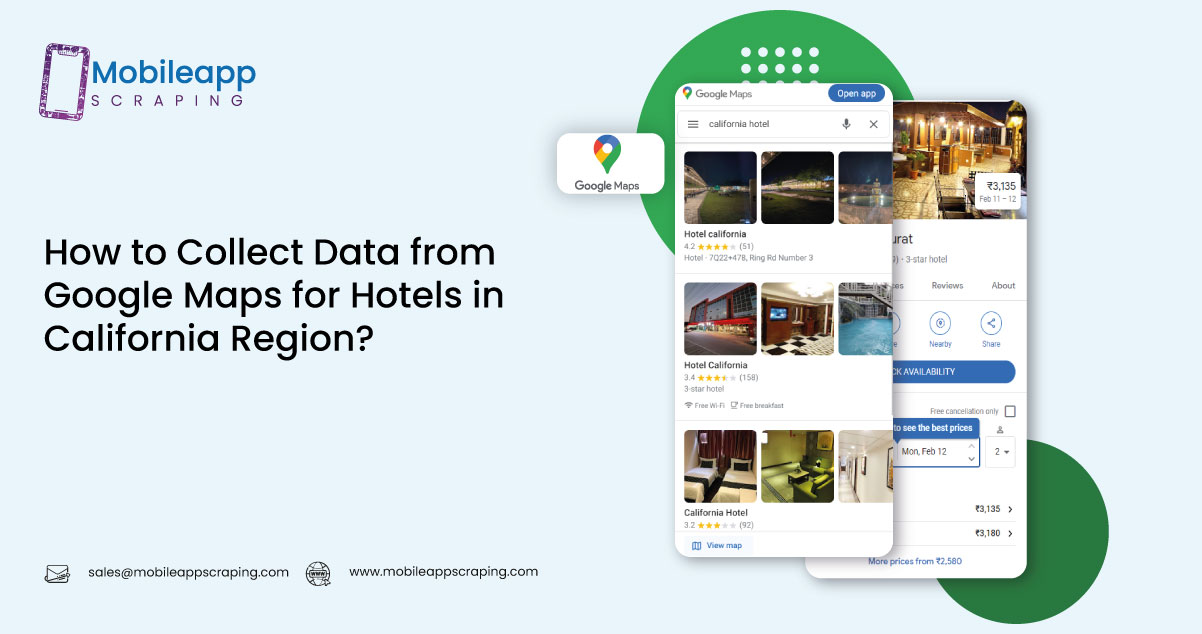
How to Collect Data from Google Maps for Hotels in California Region?
Introduction
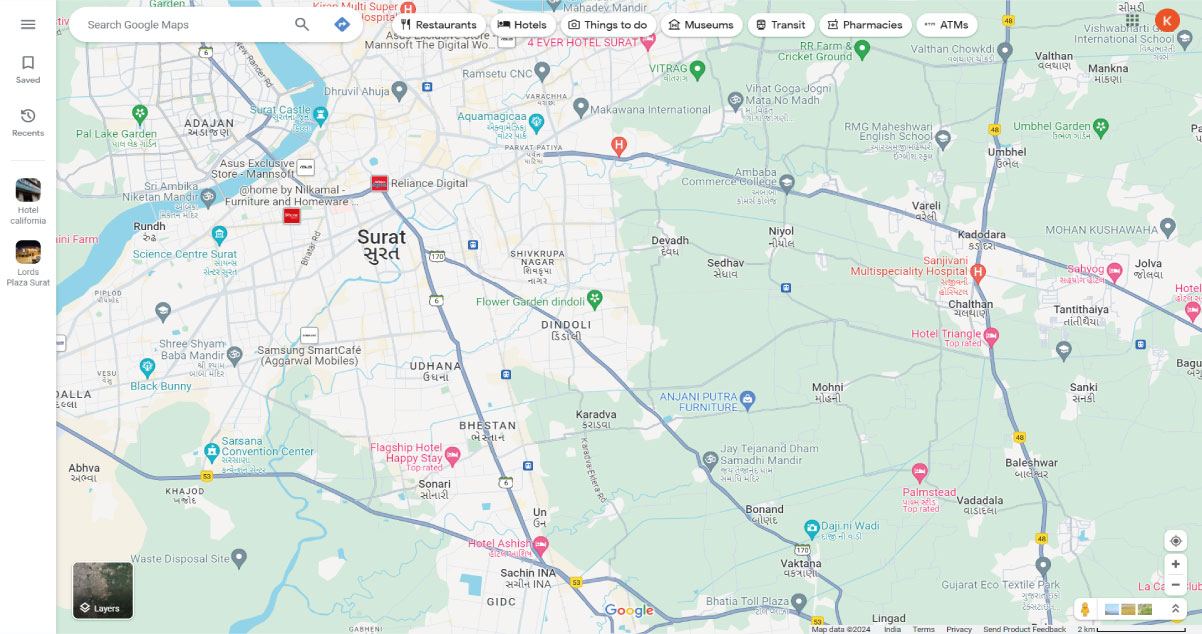
In the digital transformation era, accessing data is pivotal for informed decision-making, and businesses are adopting innovative methods to gather valuable insights. Within the hotel industry, extracting data from platforms like Google Maps has emerged as a transformative strategy, providing valuable information on market trends, competitor standings, and customer inclinations. This blog delves into the intricacies of scraping data from Google Maps, focusing specifically on hotels in the dynamic California region. Utilizing tools like Google Maps scraper and Google Places API, this process facilitates comprehensive hotel data scraping, offering a strategic advantage in understanding the landscape of California hotels and their locations.
Understanding the Power of Google Maps Data
Google Maps, a widely used navigation tool, is a goldmine of information beyond simple directions. Among its riches is much data about various businesses, focusing on hotels. Harnessing this data through methods like scraping from Google Maps can offer hoteliers a valuable competitive advantage, empowering them to lead in a swiftly evolving market. Utilizing tools such as a Google Maps scraper and the Google Places API, this process ensures comprehensive hotel data collection. In California, this approach provides insights into location details, giving hotel businesses a strategic edge in navigating and understanding the dynamics of the state's hospitality landscape.
Scraping Hotel Data from Google Maps
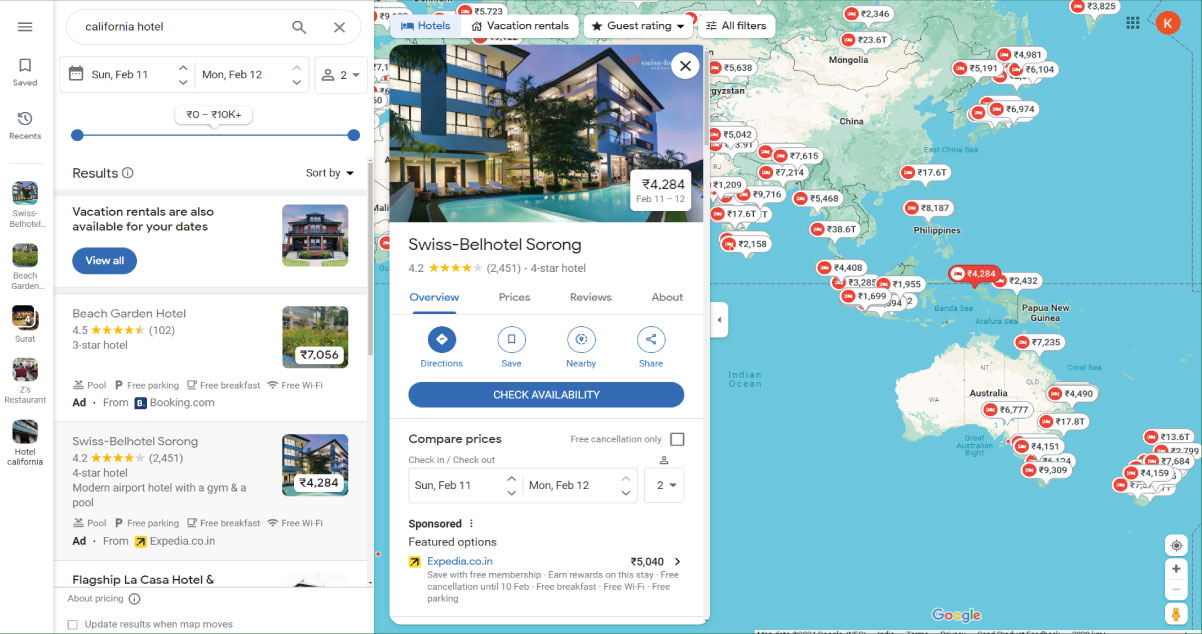
In the vast landscape of the digital era, where data reigns supreme, businesses are increasingly turning to innovative methods to collect valuable information. For the hotel industry, one of the game-changing approaches involves extracting data from sources like Google Maps. This process, app scraping, enables hoteliers to gain profound insights into market trends, competitor positioning, and customer preferences. This comprehensive guide will delve into the intricate steps in scraping hotel data from Google Maps, focusing specifically on the vibrant California region.
Identifying Target Locations
The journey begins with a strategic approach to identify specific areas within California. Whether it's the bustling streets of Los Angeles, the serene landscapes of Napa Valley, or the coastal charm of San Diego, pinpointing target locations is crucial. This step sets the stage for a focused and tailored data collection strategy.
Defining Data Points
Clarity is paramount when outlining the information to be extracted. Hoteliers must clearly define the data points of interest, including hotel names, addresses, contact details, ratings, and reviews. This meticulous approach guides the scraping process, ensuring relevant and actionable data is collected for informed decision-making.
Utilizing Scraping Tools
Hoteliers can leverage specialized app scraping tools designed for extracting data to navigate the vast expanse of Google Maps. These tools systematically navigate the platform, collecting structured information from hotel listings. However, it's crucial to emphasize compliance with Google's terms of service to maintain ethical and legal data collection practices.
Automating the Process
Recognizing the need for efficiency and scalability, businesses can consider automating the scraping process. Automation tools are instrumental in efficiently handling large volumes of data, saving substantial time and resources. The systematic and consistent approach facilitated by automation ensures a reliable and continuous data collection process.
Scraping hotel data from Google Maps is a strategic initiative that empowers hoteliers with actionable insights. By following this comprehensive guide, businesses can harness the power of app scraping tools, maintain ethical data collection practices, and leverage automation for streamlined operations. The ability to extract valuable information from Google Maps places businesses at the forefront of the competition, equipped with the data necessary to navigate the dynamic landscape of the hospitality industry in California.
Key Benefits of Google Maps Data for Hotels
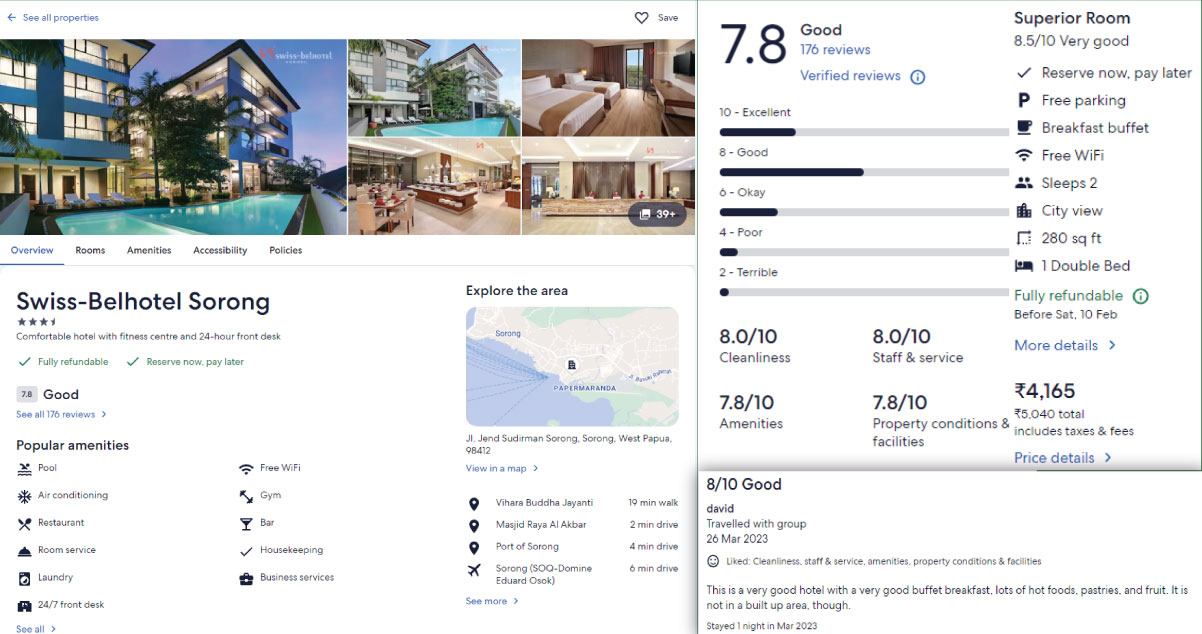
In the competitive hospitality industry, where every decision counts, harnessing the power of Google Maps data through app scraping emerges as a pivotal strategy. Hoteliers scraping data from Google Maps gain access to a wealth of information that can transform how they operate and make decisions. Let's explore the key benefits of leveraging Google Maps data for hotels, emphasizing the importance of scraping, utilizing the Google Maps scraper, and incorporating the Google Places API in the context of location-specific insights for California hotels.
Precise Location Insights
Scraping data from Google Maps allows hotels in California to obtain precise and comprehensive location insights. From the bustling streets of Los Angeles to the coastal charm of San Diego, the data collected includes accurate addresses, enabling hotels to position themselves strategically within their target areas.
Competitor Analysis and Positioning
Hoteliers can utilize Google Maps data to conduct in-depth competitor analysis. By scraping information related to nearby competitors, such as their ratings, reviews, and amenities, hotels gain valuable insights for strategic positioning. Understanding the competitive landscape is crucial for making informed decisions and enhancing offerings.
Targeted Marketing Strategies
Scraped data provides hotels with a nuanced understanding of their target market. By analyzing location-specific data, including popular attractions, transportation hubs, and local amenities, hotels can tailor marketing strategies to align with the preferences and needs of their potential guests in different California regions.
Enhanced Customer Experience
Utilizing Google Maps data, primarily through the Google Places API, empowers hotels to enhance the overall guest experience. Access to information about nearby attractions, restaurants, and services allows hotels to provide personalized recommendations, making the stay more enjoyable for guests.
Data-Driven Decision Making
Scraping data from Google Maps equips hotels with the foundation for data-driven decision-making. Whether expanding into new areas, optimizing pricing based on local demand, or refining services based on customer preferences, the data collected becomes a cornerstone for strategic choices.
The benefits of scraping data from Google Maps for hotels in California extend beyond mere information collection. It becomes a strategic enabler, offering insights that shape decisions, enhance competitiveness, and elevate the overall guest experience. Hoteliers unlock a wealth of location-specific data by incorporating the Google Maps scraper and leveraging the Google Places API, positioning themselves for success in a dynamic and competitive industry landscape.
How Mobile App Scraping Can Help in Scrape Data from Google Maps for Hotels?
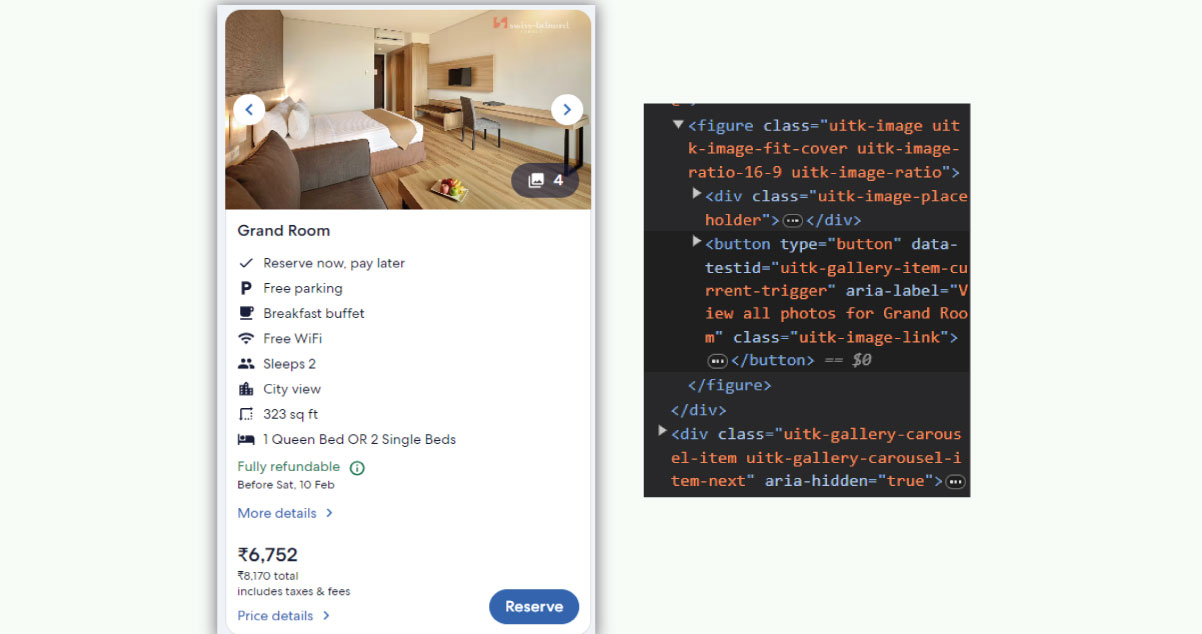
In the era of data-driven decision-making, Mobile App Scraping emerges as a reliable and efficient partner for hotels seeking to scrape valuable data from Google Maps. With a proven track record in app scraping and a commitment to ethical and legal data collection practices, Mobile App Scraping offers a comprehensive suite of services tailored to the specific needs of the hospitality industry.
Customized Scraping Solutions
Mobile App Scraping understands that each hotel has unique requirements when it comes to data collection. Therefore, they provide customized scraping solutions that align with the goals and preferences of individual clients. Whether focusing on specific regions in California or extracting particular data points, their scraping services are tailored to meet your exact needs.
Google Maps Scraper Expertise
With a team of skilled professionals well-versed in app scraping technologies, Mobile App Scraping excels in utilizing Google Maps scrapers. Their expertise ensures efficient and accurate data extraction, covering essential information such as hotel names, addresses, contact details, ratings, and reviews. By leveraging cutting-edge scraping tools, Mobile App Scraping guarantees the delivery of high-quality, actionable data.
Compliance with Legal and Ethical Standards
Mobile App Scraping prioritizes ethical and legal app scraping practices. They ensure strict compliance with Google's terms of service and other relevant regulations, safeguarding clients from potential legal repercussions. This commitment to ethical scraping establishes Mobile App Scraping as a trustworthy partner for hotels concerned about the integrity and security of their data.
Scalable and Automated Processes
Mobile App Scraping incorporates automation into its scraping processes, recognizing the importance of scalability and efficiency. Automation tools enable the streamlined collection of large volumes of data, saving time and resources for hotels. This scalability ensures that their scraping solutions can adapt to the evolving data needs of your business.
Data Analysis and Insights
Mobile App Scraping goes beyond data extraction by offering data analysis and insights. They assist hotels in interpreting the scraped data and providing actionable recommendations based on market trends, competitor analysis, and customer preferences. This added layer of service positions Mobile App Scraping as a holistic partner in leveraging Google Maps data for strategic decision-making.
Conclusion
Mobile App Scraping stands out as a reliable ally for hotels aiming to scrape data from Google Maps. With a commitment to customization, expertise in Google Maps scraping, adherence to ethical standards, scalable processes, and data analysis capabilities, Mobile App Scraping ensures that your hotel harnesses the full potential of Google Maps data for informed and strategic decision-making.